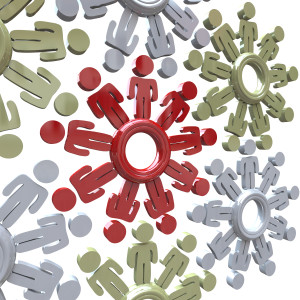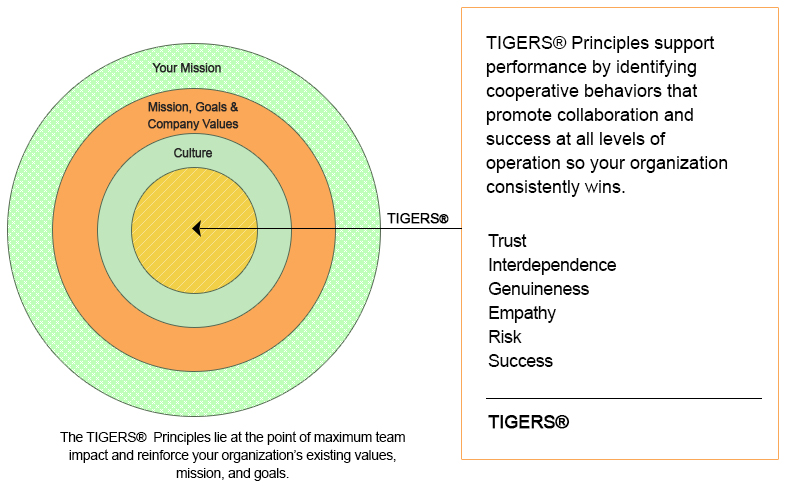 What skills do site reliability engineers require? Like many new digital jobs, career growth and advancement have not caught up with role assignments. The technical side of the role is easy to assess and explain. The increasingly important soft skill side, however, is leaving some engineers ill-equipped to perform their roles as team leaders. Those roles include group facilitation skills that effectively “herd cats” to excellent outcomes.
What skills do site reliability engineers require? Like many new digital jobs, career growth and advancement have not caught up with role assignments. The technical side of the role is easy to assess and explain. The increasingly important soft skill side, however, is leaving some engineers ill-equipped to perform their roles as team leaders. Those roles include group facilitation skills that effectively “herd cats” to excellent outcomes.
Says who?
Catchpoint, an expert in digital experience monitoring, recently released the results of its global survey of site reliability engineers (SRE). The survey, which included responses from 416 SRE professionals, was conducted in January and February of 2018.
The study found that SRE professionals are most effective in their roles when they possess a mix of technical and non-technical skills, which include group facilitation skills. Other skills include team building centered on problem solving with is the outcome of exceptional group facilitation skills and group management. The survey was conducted with the goal of creating a current outline of what the SRE position entails and requires.
Quoting from the report:
“Google established the formal position of SRE in an attempt to bring stability to its fast-moving production needs. Site reliability engineering comprises aspects of software development and IT operations, with responsibility for protecting and progressing both. The SRE is often the single point of responsibility and arbiter between the Dev and Ops teams, with the end-goal of ensuring reliable, low latency applications even in a continuous delivery environment.”
According to Dawn Parzych, director of product solutions, “The SRE role is still evolving. We found that some SREs are very happy with their position, but others are struggling to explain their role within the organization. We also found that SREs are present in companies of all sizes and hail from a variety of backgrounds, and the ideal SRE doesn’t need to be a generalist.”
Group Facilitation Skills and other report findings
According to the survey report, SRE skills, rolls and responsibilities include:
- Problem-solving, teamwork, composure under pressure, and strong written or verbal skills regarding incident resolution;
- 65 percent of SREs are deploying code at least once a day, and almost half (47 percent) report deploying new code multiple times per day;
- Automation was flagged as the most important technical skill for an SRE;
- Availability is the most important service indicator, with alerting and notification solutions topping the list of must-have tools;
- SREs both write code and support existing systems, yet most SREs report to software engineering as opposed to IT operations; this is surprising since a larger proportion of SREs have an IT operations background.
TIGERS Managers as Facilitator Training for SRE Professionals
The TIGERS Managers as Facilitator training is ideal for SRE professionals, as it provides leadership group facilitation skill training. TIGERS customizes the training so that company initiative are deployed during the training.
This means that managers actually get work done within the training design. Facilitating group dynamics the right way creates buy-in and makes group process bearable by everyone/ Through training, SRE professionals are able to:
- Learn to facilitate in the correct order that most people think.
- Learn strategies for reducing group conflict and restoring positive behavior that work groups support.
- Learn to remove closely held positions so that good decision making is achieved with the highest levels of agreement.
- Avoid the pitfalls of how trained project managers fail on the team building side of the role.
TIGERS Managers as Facilitator 3-part program releases tools, resources and templates that streamline how groups perform. Leaders learn and apply expert group dynamic facilitation methods for decision-making, problem-solving and planning.
What TIGERS Manager as Facilitator Training Provides:
- A successful, research-based team development and facilitation system that is sustainable and grows with your departments and organization.
- A reliable, systematic approach to team facilitation that continuously improves upon the way teams work.
- A system that provides a foundation learning structure for your other work group and team development efforts.
- Training outcomes that keep work groups engaged in goal achievement while developing leaders who effectively facilitate high commitment team decision-making and problem-solving.
- An effective way to measure the return on your investment for training and development outcomes.
- Validated and reliable diagnostics that get to the core issues facing teams and work culture so you know exactly where to focus team development and transformation efforts.
While relatively new to the IT industry, site reliability engineers are proving to be vitally important for many different companies. SRE professionals need to be able to write code and support existing systems. New research from Catchpoint, however, finds that the most effective SREs possess a mixture of both technical and non-technical skills. One of the most important skills is team building centered on problem solving, which is accomplished with group facilitation skills.
The TIGERS Managers as Facilitator’s training is ideal for teaching leaders how to toggle between both of those skills. Customized to include project development that managers want to work on, managers are able to put newly learned practices to use to get work done. While the best SRE professionals are able to toggle between technical and non-technical skills, TIGERS is able to provide valuable skills on the non-technical side for professionals to gain valuable group facilitation skills.
Resources that support this conversation:
Consider the following reports, and articles that provide critical background:
- Survey: Balancing Technical and Team-Building Skills Are Key Attributes for an Effective Site Reliability Engineer (SRE)
- TIGERS Manager as Facilitator Training
- Catchpoint 2018 SRE Report
- Soft Skills. Do CEOs Need Them Today?
Copyright TIGERS Success Series, Inc. by Jennifer Zimmerman
About TIGERS Success Series
 TIGERS® Success Series takes the guesswork out of workforce development. TIGERS provides a comprehensive, robust system for improving both your work environment and profitability.
TIGERS® Success Series takes the guesswork out of workforce development. TIGERS provides a comprehensive, robust system for improving both your work environment and profitability.
We specialize in developing high performance work cultures. Scaled to grow as your organization and leadership performance grows, our proprietary Team Behavior Profile and Management training workshops are based on the six principles we have found to be the right mix to make this happen.
The TIGERS 6 Principles are Trust, Interdependence, Genuineness, Empathy, Risk and Success. Born from our many years of business, psychology, and educational group dynamic research, and subsequent four years of independent evaluation, we instill and sustain behaviors that improve work group performance and talent retention for measurable ROI.
For more information or to request a presentation to your group or association, call 1+877-538-2822.